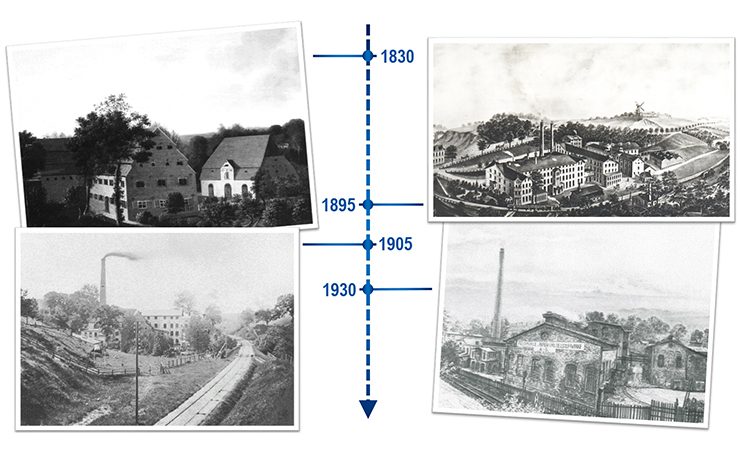Mitsubishi mill marks 325 years
Time:2021-05-31 From:

The Mitsubishi HiTec Paper mill in Flensburg, Germany celebrates its 325th anniversary this year.
Founded by Hinrich Gultzau in 1696 at Mühlenstrom outside the city gates, it today produces high quality thermal, inkjet and barrier papers for flexible packaging.
Mr Gultzau came to Flensburg with the plan to build a paper mill. At that time, the city was still struggling to recover from the aftermath of the Thirty Years’ War. Papermaking also suffered severe setbacks during wartime, while demand continued to grow. This meant that towards the end of the 17th Century, paper was a scarce, valuable commodity. In his favour was the land upon which Mr Gultzau was to build his mill, which provided a suitable watercourse with a corresponding natural gradient.
Come the 19th Century and industrial paper production took off at a rapid pace. Processes were mechanised and new raw materials began to be produced in special pulp factories. In 1848, the first paper machine was installed at the current location in Flensburg.
Fast-forward to 1954, a paper machine for the production of hygiene papers was put into operation, followed in 1970 by the production of Giroform carbonless papers.
In the early 1990s, after the license agreement with Mitsubishi Paper Mills was signed for the production of thermal papers, production of the company’s thermoscript thermal papers started. The first application was paper for fax machines. Investments then followed in new high-tech coating processes for the finishing of speciality papers. Such specialisation and increased flexibility afforded by modernised production facilities opened the doors for new applications and markets, such as durable thermal paper with a topcoat for account statements, thermal paper with forgery-proof security features for admission tickets and lottery tickets, or special thermal paper for the label sector. One direct result of this was jetscript inkjet papers.
In recent years, the Flensburg mill has been concentrating on coated barrier papers for flexible food and non-food packaging. Climate protection and sustainability are current challenges of our time. In addition to reducing packaging and avoiding waste, the focus is on topics such as the replacement of plastics, the use of sustainable materials, and the Circular Economy and recycling. In 2018, the first barricote barrier papers were produced in Flensburg.

